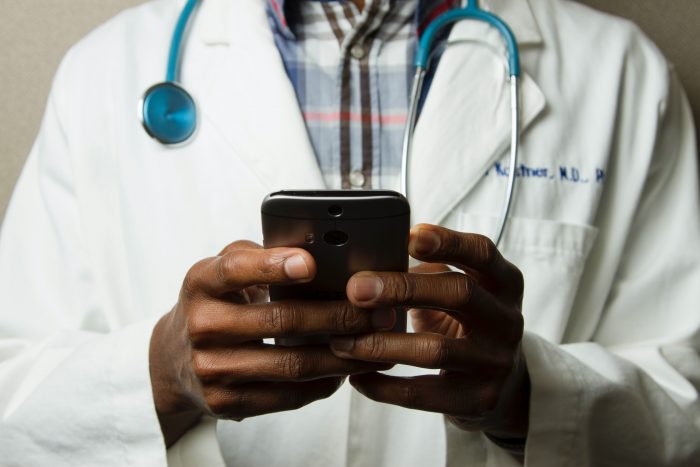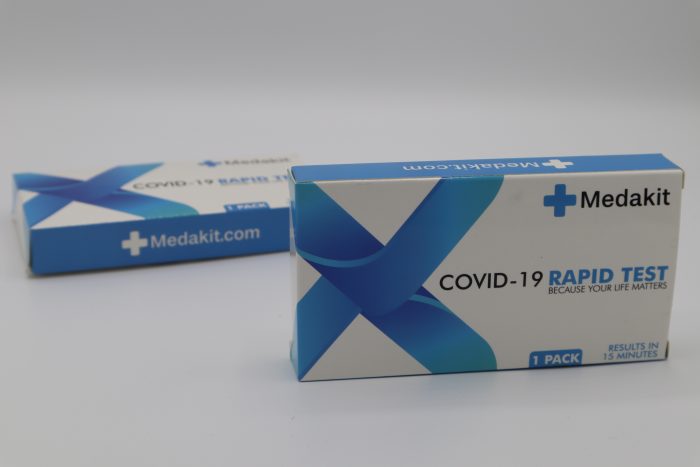SAMHSA Final Rule Makes Permanent OTP Take-Home Flexibilities, Enables Methadone Induction Via Telehealth


The U.S. Department of Health and Human Services (HHS) is offering online trainings to enhance cultural competency for mental health and substance use disorder (SUD) professionals, particularly in serving historically marginalized populations. These trainings, available through the Improving Cultural Competency for Behavioral Health Professionals program, aim to increase awareness of cultural and language competency, biases, and clients’ cultural identities and needs. The four courses, with an estimated completion time of 4–5.5 hours, cover topics such as self-awareness, understanding clients’ cultural identities, and providing culturally and linguistically appropriate interventions and services. The training is free but requires registration.

Last week, the US Department of Health and Human Services (HHS) Secretary Xavier Becerra hosted a press conference to announce a rule proposed by the HHS Office for Civil Rights that would update Section 504 of the Rehabilitation Act of 1973. This is the first time these critical regulations will have been updated since they were originally signed in 1977, after four years of tireless advocacy and a 28-day protest led by disability civil rights leaders.
Updates to the rule include:
Read the official announcement, full rule, fact sheet, and instructions on how to provide comments on the HHS website. If you have any questions, please contact Fady Sahhar.
